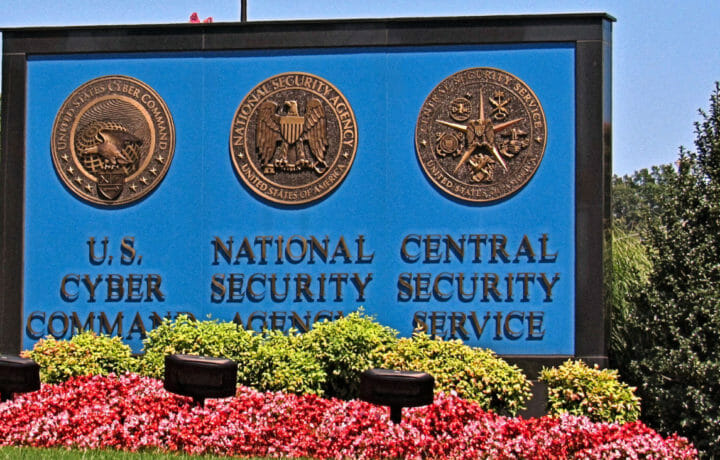Timekeeping systems can feel like a pain. It’s challenging to make sure that you’re tracking each hour carefully – especially when you work on a salary. But the federal government takes reporting for billable hours very seriously. Recently, a federal jury convicted Jacky Lynn McComber, a Maryland contractor for submitting false claims and making false statements about the hours she claimed to have worked on a federal contract with the National Security Agency (NSA).
As the CEO and owner of InfoTeK, an information technology (IT) services corporation, McComber had an ongoing contract with the NSA. According to the trial evidence, from July 2011 until March 2018, InfoTeK was under the Ironbridge contract with the NSA to provide maintenance and enhancement support for the IT and software requirements of the NSA’s National Security Operations Center (NSOC) and the Counter Terrorism Mission Management Center (CTMMC). With classified work involved, the work had to be completed in a SCIF. Very little work could be done offsite. But after further review by the NSA OIG in 2017, the logs showed that McComber wasn’t onsite for 90% of her hours billed to and paid by the NSA. Her role as a program manager (PM) during different seasons on the program required work completed within a SCIF. In fact, trial evidence showed that she was involved in personal activities on some of the days that were billed to the NSA contract. According to the DOJ release, “McComber falsely claimed that her consistent billings of eight hours per day spent on Ironbridge-related work most days were legitimate and that she did not falsely fill out her timesheet or put any false information on it.”
This case came to light due to a whistleblower bringing up timekeeping allegations about McComber. Following that, McComber participated in a voluntary review with the NSA OIG. McComber could receive up to five years in prison for each of 19 counts of submitting false claims and for one count of making false statements. Sentencing is scheduled for May 23. This isn’t the first defense contractor to get called out for false claims. When you work in a classified environment on a contract with billable hours, it can be very clear if you are or are not working for the hours you are billing to the federal government.
Contract Opportunities to Watch: REI Systems
REI Systems (REI) was awarded a Blanket Purchase Agreement (BPA) by the National Aeronautics and Space Administration (NASA), Early Stage Innovation and Partnerships (ESIP) program, worth an estimated value of $47.5M. This five-year contract award will allow a continued partnership between REI and NASA, which initially began in 1989.
“We have a unique and unmatched ability to both support organizational performance and improve operations, all with an unwavering commitment to deliver for NASA,” said Shyam Salona, CEO of REI Systems.
The NASA ESIP BPA scope includes support services in: Program Operations Management, Helpdesk Operations, Strategic Planning and Execution, Organization Design (OD), Organizational Change Management (OCM), Service Design and Execution, and Stakeholder Engagement and Outreach.
ESIP advances 700+ projects annually across technology readiness levels and its innovator communities – committed to leading the research and development of disruptive aerospace capabilities. These communities empower NASA’s mission-critical needs by delivering transformative technology solutions that seed the future.
Key Employer in the Cleared Industry:
ClearanceJobs
SPONSORED CONTENT: This content is written on or behalf of our Sponsor.
Cleared Opportunities
At the end of 2022, Maxar Technologies entered into a definitive merger agreement to be acquired by Advent International in an all-cash transaction that values Maxar at an enterprise value of approximately $6.4 billion. Advent is headquartered in the United States as a defense and security business. Following the close of the transaction, Maxar will remain a U.S.-controlled and operated company.
This past week, Maxar’s 60-day “go-shop” period expired with no other competing acquisition proposals received. The transaction remains subject to the satisfaction of customary closing conditions, and it received U.S. antitrust clearance at the end of January. The two companies are on track to close in mid-2023. Upon completion of the transaction, Maxar’s common stock will no longer be publicly listed, and Maxar will become a privately held company.




